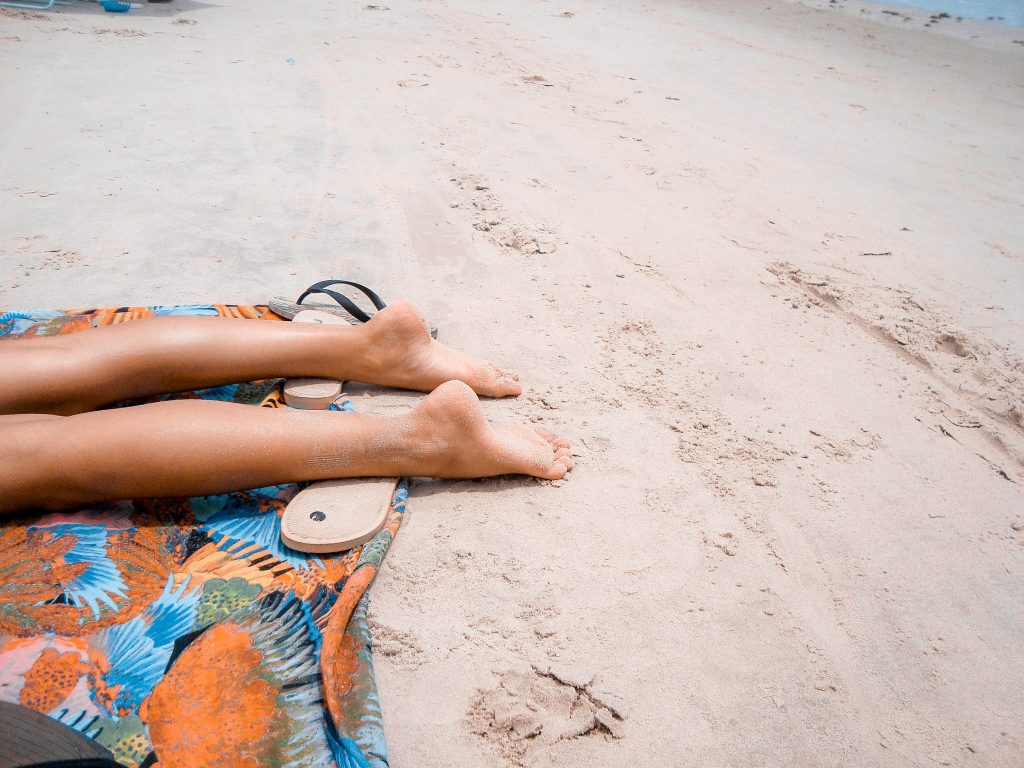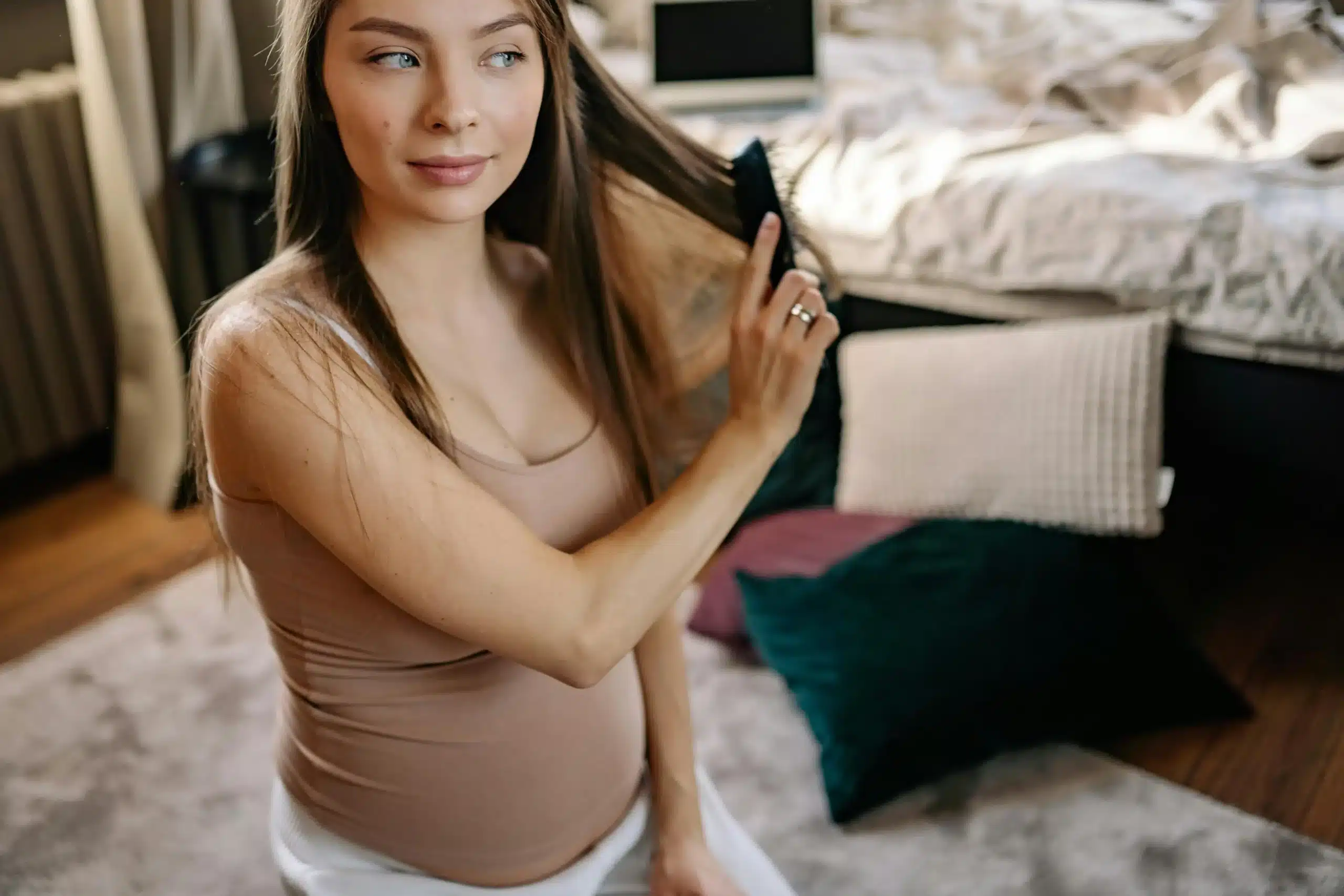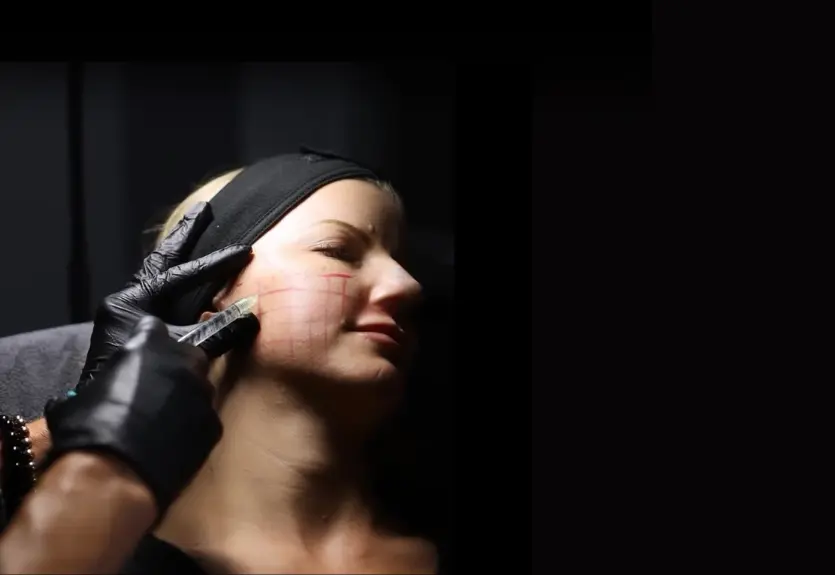
With summer just around the corner, it’s more important than ever to be using our sunscreen and be sun aware. The sun causes premature age spots, wrinkles and sagging, and it puts us at risk for skin cancer and ages us faster than any other environmental factor. A good sunscreen (when used correctly) can help prevent sunburns, a major risk factor for melanoma. To be clear, sunscreen is only one way to protect your skin from harmful UV exposure. You should also follow these sun awareness tips for proper sun safety.
- Avoid the sun, especially between the hours of 10 a.m. and 4 p.m.
- Seek shade whenever possible
- Do not use tanning booths, beds or lamps
- Wear protective clothing such as long sleeves, pants, wide-brimmed hats and sunglasses
- Reapply sunscreen every two hours or immediately after swimming or sweating
- Visit your healthcare professional every year for a skin exam
- Apply broad spectrum SPF 30 sunscreen; only sunscreens marked “broad spectrum” protect against both types of damaging UV radiation – UVA and UVB. Having an SPF value of 30 is critical to ensuring adequate protection in the sun
Let’s review some myths and facts about sunscreen.
Higher SPF = More Protection… MYTH!
Using simple math, most of us figure that SPF 30 is twice as effective SPF 15, right? Wrong! According to the American Academy of Dermatology, there’s really just a 4 percent difference – with SPF 15 blocking 93 percent of the sun’s rays and SPF 30 blocking 97 percent. With that said, I recommend wearing sunscreen with an SPF 30 or greater. In addition, don’t make the mistake of thinking that a higher SPF means your sunscreen will last longer. High SPFs allow you the same amount of time in the sun as low SPFs, and both must be reapplied every two hours, as well as after swimming or sweating.
Antioxidants work with my sunscreen to increased sun protection… FACT!
Antioxidant serums, like SkinCeuticals CE Ferulic, help to neutralize free radicals induced by UVA/UVB, infrared radiation (IRA), and ozone pollution – all of which lead to premature aging in the form of wrinkles, brown spots and loss of elasticity – bye-bye collagen! When you layer a sunscreen over the top of an antioxidant, you are providing maximum protection for your skin.
A base tan or spray tan will protect me from burning… MYTH!
A base tan/spray tan can provide at most an SPF 4. So, if you normally burn within 15 minutes, an SPF 4 would give you an hour outside before you burn. I’m definitely at my sons’ baseball game longer than an hour. Most outdoor activities are longer than an hour. Your body creates melanin (the brown pigment in a tan) as a way to protect your DNA against radiation. So a tan is actually a stress response – your body’s way of telling you that you need to get out of the sun or at least slather on some sunscreen!
Darker skin tones don’t need sunscreen… MYTH!
No matter your Fitzpatrick skin type scale, ultra-violet radiation (UV) can damage your skin. Although it’s true that dark skinned people produce more melanin and, therefore, tend to have less sun damage than light skinned people, this does not mean they cannot develop skin cancer.
Not all infrared is bad… FACT!
Low level, partial spectrum infrared (IR) actually increases collagen, leading to skin with less wrinkles and more elasticity. We recommend the LED LightStim treatments that emit beneficial UV-free light to the skin helping to increase blood circulation reducing fine lines and wrinkles when used regularly. On the other hand, full spectrum IR can cause hyperpigmentation and damage the skin. This is why we recommend SkinCeuticals Physical Fusion UV Defense SPF50.
Sunscreen causes vitamin D deficiency… MYTH!
UV radiation allows the body to create vitamin D, and some have suggested that sunscreen use makes it difficult to obtain adequate amounts of vitamin D. The fact is that studies reflecting real life conditions prove clearly that sunscreen use does not cause vitamin D deficiencies. Adequate vitamin D can be obtained safely through food and dietary supplements without the risks associated with overexposure to UV radiation.
While there’s no single product that’s perfect for all people, using sunscreen is one of the best ways to help protect your skin from the sun’s harmful UV rays. If you’re planning to have fun in the sun this summer, get to know the sunscreen that’s best for your skin, and reapply, reapply, reapply!
Check out my IG post for a visual on the difference between physical vs chemical sunscreen at kimberlygray.aesthetician.




